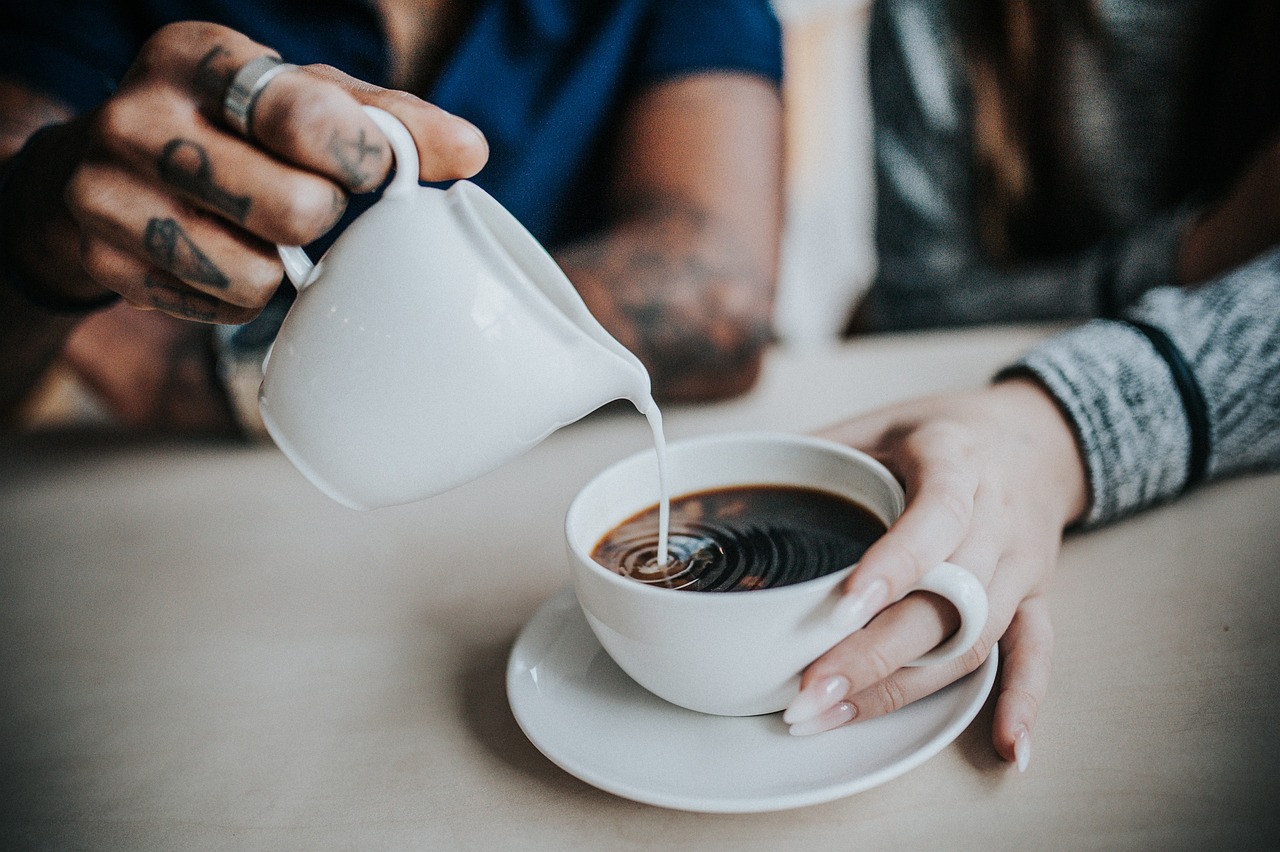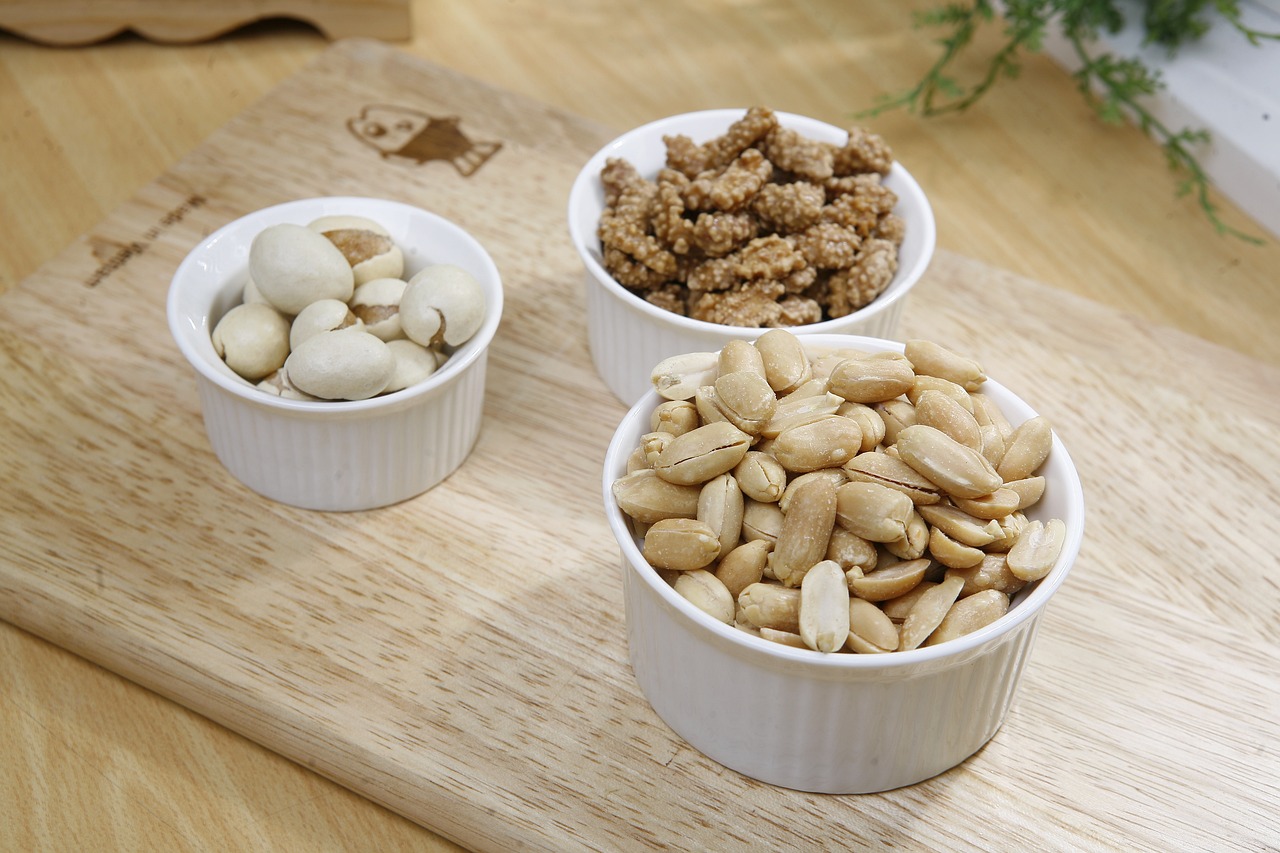Living to a Hundred - About Health and Aging
This article is written from a Swedish perspective. Hopefully, it can inspire those interested from other countries.
We can each do a lot to keep our bodies and brains active well into old age. Aging means that both the body and the brain change, but that does not mean that we cannot influence our health and quality of life. By staying physically active and mentally stimulated, we can increase our chances of having a healthier and more joyful old age. Keeping both the body and the brain active is the key to a healthy and joyful old age. By being physically active, keeping the brain stimulated, eating right, and taking care of our mental health, we can maintain our function and quality of life well into old age. Regular physical activity, social contact, and mental stimulation all contribute to strengthening both body and soul.

Living to a Hundred
Many people experience joy and happiness despite illness, grief, and aging. Health and illness have a different dimension than sick and healthy. There is a lot that each person can do themselves to keep both memory and body going. Physical exercise has been shown to protect from many changes in the body that contribute to aging. In fact, those who start exercising even at an old age can become "younger" physically.
It's never too late to start training. A seventy-five-year-old who starts training can get in the same condition as a normally trained twenty-five-year-old. It is also possible to resume functions that have been lost. There are many older people who ride the Vasaloppet, cycle Vättern Runt and even complete the Ironman. The training needs to be adapted to the elderly so that there are no injuries. Even those who live in nursing homes can start exercising to have a better life.
It is entirely possible to increase strength and even muscle mass with correctly designed training. With training, you can maintain or increase balance and the ability to cope with the important activities that make the resident independent in everyday life. The risk of falls, fractures, infections, and other things also decreases with training.
There are nursing homes where a group of residents go for a long walk every day. Thirty minutes walk works wonders for an elderly person's energy. By keeping the muscles in motion, balance improves and thus the risk of falls decreases. The memory also improves while it is a nice daily routine where those who participate have a good time together.
Diet also matters. One example is the intake of vitamins. All vitamins are important even for the elderly. Vitamin D has a special position as it is linked to the risk of falling. We get our vitamin D needs met through sunlight and diet. For the elderly who live in a nursing home, the time in the sun is usually less while the skin's ability to absorb vitamin D from sunlight deteriorates. Younger people need about 10 micrograms of vitamin D per day and those over 75 years need 20 micrograms per day.
For those who have a vitamin D deficiency, the skeleton becomes softer, and pain in the skeleton also occurs. The risk of fracture increases due to osteoporosis but can also cause walking difficulties. In addition to this, the deficiency can lead to cramps, concentration difficulties, low mood, and irritability. Vitamin D is mainly found in fatty fish like salmon. It is also found in dairy products and eggs but often in small amounts which makes it difficult to meet the daily needs.
Calcium is important for the skeleton. The need is unchanged through aging. Here too, dairy products and fish are useful. 5 dl of dairy products cover most of the daily needs.
If the appetite decreases, it may be important to try to eat more often and smaller portions. There are nursing homes that always have some kind of snack available for those who are hungry. Weight loss can be a warning signal that the body is not getting enough nutrition. There are good tips and advice on the National Food Agency's website. https://www.livsmedelsverket.se/matvanor-halsa--miljo/kostrad/aldre---rad-om-bra-mat.
Physical Activity for the Body
Regular Exercise:
Keeping the body in motion is crucial for maintaining muscle strength, mobility, and balance. Regular physical activity such as walking, swimming, lighter weight training, or group training is excellent ways to keep the body going. By exercising regularly, we can prevent problems like osteoporosis and prevent falls.
Balance Exercises:
Since the risk of falling increases with age, it is important to train the balance. Exercises like yoga, tai chi, or simple balance exercises where you train to stand on one leg can improve stability and reduce the risk of falling.
Mobility Training:
Stretching and mobility training can help keep joints and muscles flexible, which is especially important as we age. By maintaining mobility, we can continue to perform daily chores and move freely.
Mental Stimulation for the Brain
Keep the brain active:
The brain needs to be challenged to stay in shape, just like the body. By regularly solving crosswords, playing strategic games, reading books, or learning something new, we can improve memory and cognitive ability. Learning a new language or starting a new hobby are also fantastic ways to keep the brain active.
Social Activities:
Being socially active is important for brain health. By meeting friends, participating in group activities, or engaging in associations, we keep the brain stimulated and reduce the risk of isolation and depression. Socializing with others also gives the brain the opportunity to handle more extensive social activities, thus strengthening brain functions.
Lifelong Learning:
Continuing to learn new things is a good way to keep the brain young. It could be about taking a course, learning to use new technology, or trying something new, like starting to paint or play a musical instrument. Lifelong learning helps to build new nerve pathways in the brain and keeps it alert.
The Balance Between Body and Soul
The Importance of Good Sleep:
Sleep plays an important role for both the brain's and body's health. Getting enough sleep helps the body recover and the brain to process information. Having good sleep hygiene and avoiding stress can contribute to better sleep quality.
Mindfulness and Relaxation:
Mental relaxation and stress management are important for brain health. By practicing mindfulness, meditation, or breathing exercises, we can reduce stress and anxiety, which in turn improves our mental well-being. Regularly taking time for relaxation is also important to balance activity and rest.
The Importance of Nutrition for the Brain and Body
Eat a Balanced Diet:
The body and brain need the right nutrition to function optimally. A diet rich in fruit, vegetables, whole grains, and healthy fats like omega-3 can improve brain function and promote a strong and healthy body. Omega-3, which is found in fish and nuts, has been shown to be particularly good for the brain, as it promotes cognitive health and can prevent dementia.
Avoid Excessive Sugar and Salt:
Excessive sugar and salt can have negative effects on both the body and brain. Reducing sugar intake can help keep weight under control and reduce the risk of diabetes, while reducing salt intake can help keep blood pressure at a healthy level.
Reflection - Health and Aging:
Caregivers:
• What do you do to try to keep the residents going so that they maintain muscle strength and balance?
Manager, Nurse, Occupational Therapist, and Physiotherapist:
• Do you offer group activities outdoors such as daily walks?
• Do you have any tricks to get those who eat poorly to get enough nutrition over the day?
Residents and Relatives:
• What do you do to keep the body and brain going?
Erland Olsson
Specialist Nurse
Sofrosyne - Better Care Every Day

Aktuellt i media
-
2025-04-14 04:00
08 Förebyggande o lokaler
The art of furnishing a nursing home, a balancing act between homeliness, functionality, and hygiene aspects.
info -
2025-04-10 04:00
04 Bemötande
Waking up in a nursing home - is the morning routine adapted to each individual's needs?
info Bild: Pixabay
Bild: Pixabay -
2025-04-07 04:00
09 Mat och måltid
For the elderly, it is often important to eat many snacks in order to get enough nutrition.
info Bild: Pixabay
Bild: Pixabay -
2025-04-03 04:00
04 Bemötande
What creates safety in elderly care homes - advice and tips on creating a secure environment for the residents
info -
2025-04-01 00:00
10 Aktivitet o funktionsbevarande arbetssätt
Reminiscing, working with memories, is an activity that creates a lot of added value for people with dementia.
info - 2025-03-31 04:00 05 Planering

